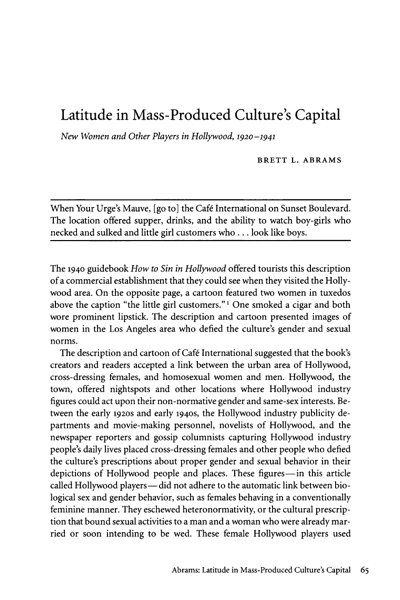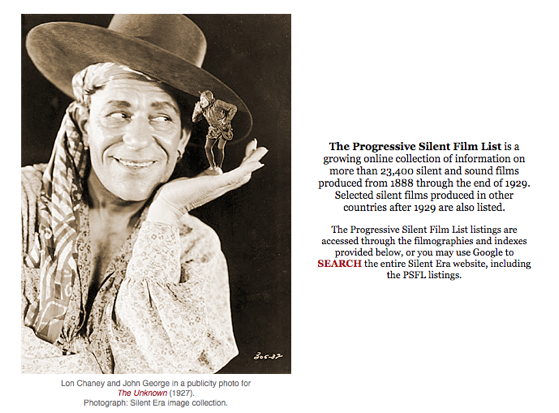Watch this entire presentation
Subscribe to Rosanne’s Channel and receive notice of each new video!
In honor of Halloween – and in service to my teaching philosophy —
“Words Matter. Writers Matter. Women Writers Matter.”
I presented this holiday lecture “When Women Write Horror” on Tuesday, October 29th, 2019. Researching the many, many women who have written horror stories – in novels, films and television – brought new names to my attention who I am excited to start reading. I hope you will be, too!
Transcript:
Now Edith Wharton is somebody people sometimes had to study in high school especially if you did an AP sort of literature class and she’s fascinating because she is the first woman ever to win a Pulitzer Prize. Which is huge for a woman right in 1927 — which I think is great — for The Age Of Innocence which was turned into a film. This is a whole section of her books here. We teach her in schools. Sometimes kids find her boring because the world she writes about was that world of proper manners and all that sort of thing and they have to really work through why this is interesting. I think we should teach some of her ghost stories. If we taught her ghost stories how more interested would an audience be and then maybe they’d want to read the more grown-up world and society that she’s, you know, satirizing. I think it’s really cool that she put out all these ghost stories back in the day. Afterward is her ghost story for Christmas, which is nothing more than what Charles Dickens did with A Christmas Carol. We read him every year. There’s been how many versions of a Christmas carol made into films including The Muppets which is the best one.
Podcast: Play in new window | Download
Subscribe: RSS
![08 Edith Wharton’s Ghost Stories from When Women Write Horror with Dr. Rosanne Welch [Video] (1 minute 3 seconds)](https://rosannewelch.com/wp-content/uploads/2020/04/rmw-cpp-horror-08.jpeg)
![06 Stories Are Important! from Why Researching Screenwriters (has Always) Mattered [Video] (51 seconds)](https://rosannewelch.com/wp-content/uploads/2020/04/rmw-sao-paolo-06.jpeg)

![07 African-American Writers In History from When Women Write Horror with Dr. Rosanne Welch [Video] (53 seconds)](https://rosannewelch.com/wp-content/uploads/2020/04/rmw-cpp-horror-07.jpeg)
![05 Do You Know Who Wrote Your Favorite Films? from Why Researching Screenwriters (has Always) Mattered [Video] (51 seconds)](https://rosannewelch.com/wp-content/uploads/2020/04/rmw-sao-paolo-05.jpeg)

![06 LGBTQ Writers In History from When Women Write Horror with Dr. Rosanne Welch [Video] (1 minute 8 seconds)](https://rosannewelch.com/wp-content/uploads/2020/04/rmw-cpp-horror-06.jpeg)
![04 Writers Matter. Women Writers Matter from Why Researching Screenwriters (has Always) Mattered [Video] (1 minute 5 seconds)](https://rosannewelch.com/wp-content/uploads/2020/04/rmw-sao-paolo-04.jpeg)

![05 Amelia Edwards from When Women Write Horror with Dr. Rosanne Welch [Video] (1 minute 7 seconds)](https://rosannewelch.com/wp-content/uploads/2020/04/rmw-cpp-horror-05.jpeg)